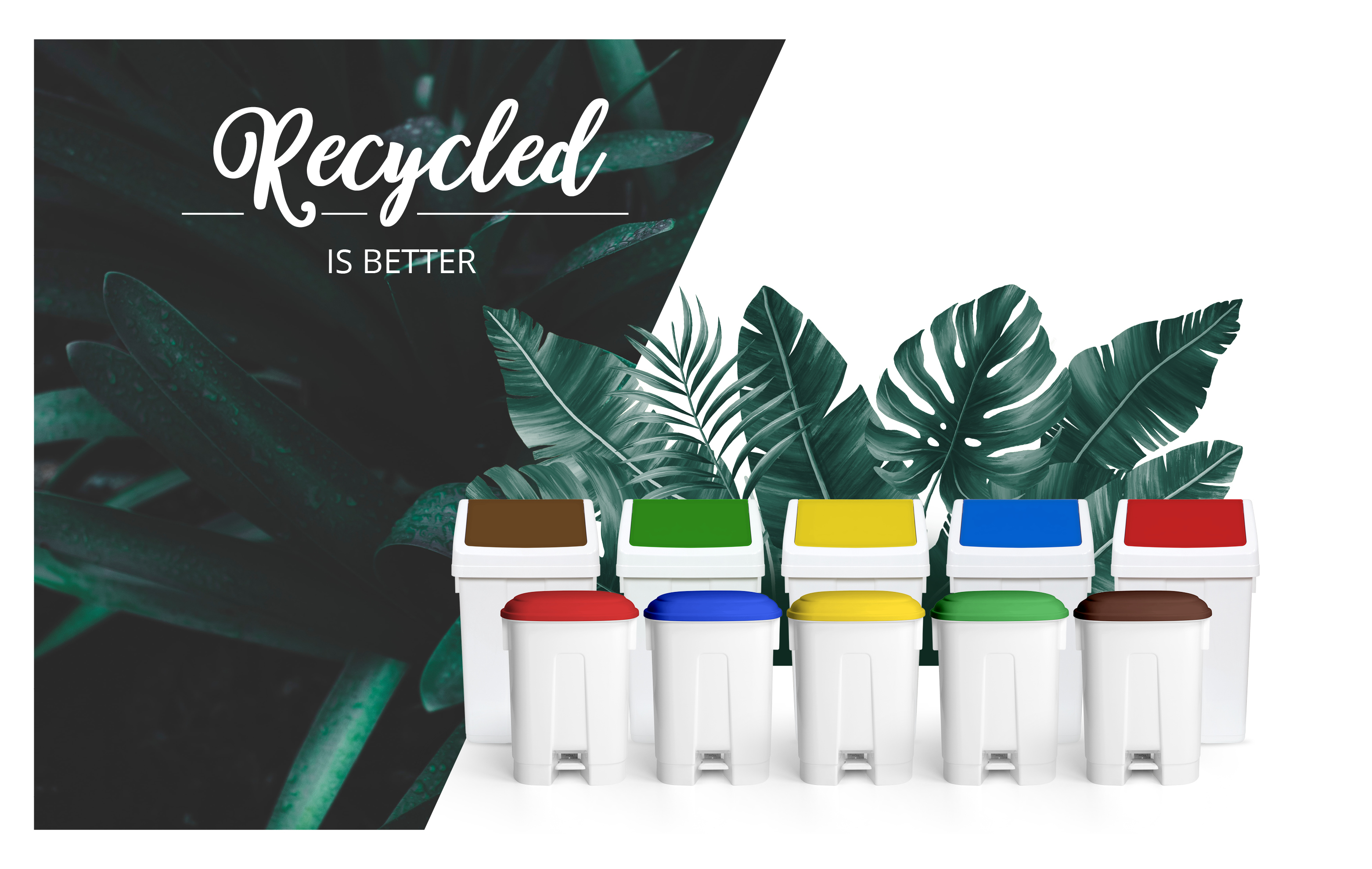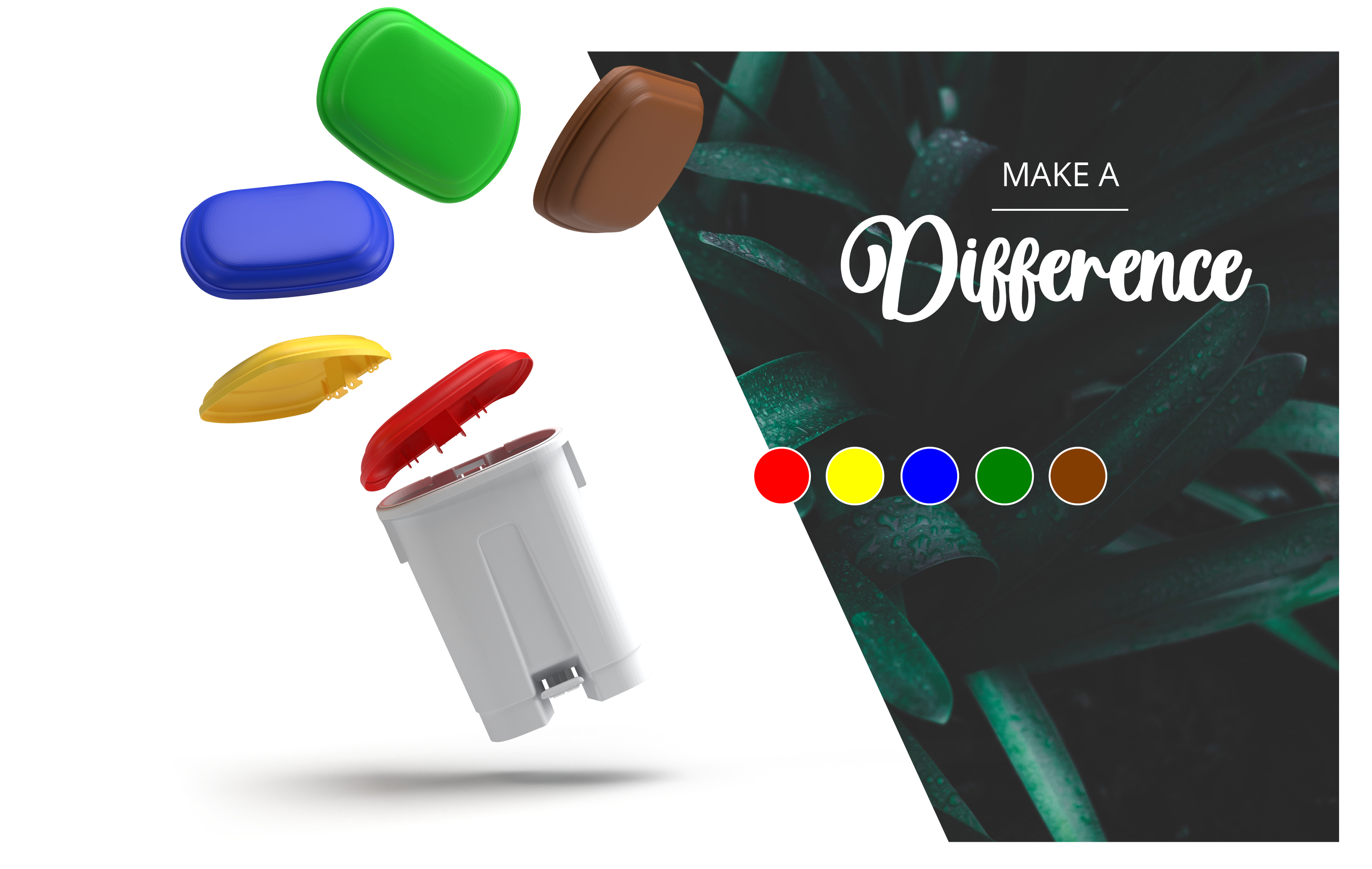A guarantee called Plastic Second Life
Approximately 25.8 million tonnes: this is the amount of plastic waste generated each year in Europe. Of these, less than 30% are collected for recycling.
Approximately 25.8 million tonnes: this is the amount of plastic waste generated each year in Europe. Of these, less than 30% are collected for recycling. The situation is further worsened when one considers that the percentages of disposal to landfill and incineration are still too high, 31% and 39% respectively.
Increasing plastic recycling would help reduce greenhouse gas emissions and dependence on fossil fuels: it is estimated that using one tonne of recycled plastic reduces CO2 emissions by 2 tonnes compared to using the same amount of virgin plastic. Similarly, recycling plastic waste produced worldwide would result in annual energy savings of 3.5 billion barrels of oil.
Challenge accepted by TTS
The use of recycled plastic cuts CO2 emissions during production by a third compared to those generated with virgin polypropylene, whose impact is already eight times less than aluminium, one times less than stainless steel, and half the impact of chromed iron.
The choice of raw materials is therefore a crucial one that can bring undoubted advantages in environmental terms. TTS is well aware of this and has been using premium recycled plastic since 2012, a low-impact material that maintains traditional colours while guaranteeing the same efficiency, robustness and durability of products made from premium virgin polypropylene.
TTS's commitment to environmental responsibility has resulted over time in a wide range of products with certified Plastic Second Life (PSV) components. The special range includes lightweight and robust multipurpose trolleys, offering the possibility to create endless configurations according to specific needs, and practical and compact wringer trolleys, ideal for cleaning all small to medium-sized environments. The range also includes buckets available in different sizes and colours as well as a number of easy-to-clean, robust and attractively designed bins, complete with coloured lids for waste management. In particular, the Max and Derby line bins are the flagship from a sustainable perspective as they are made from 97% recycled plastic.
TTS plastic products are also sustainable at the end of their life: the polypropylene used in their production makes them fully recyclable, thus helping to further reduce their impact on the environment.
Rely on authoritative certification
The use of recycled raw materials is an important step towards environmental sustainability: TTS has chosen to firmly commit itself in this direction, and now offers more than 150 recycled plastic items certified as Plastic Second Life.
The prestigious label issued by the Institute for the Promotion of Recycling Plastics (IPPR) after a long and meticulous verification process makes the materials and products obtained from the recycling of plastic waste easily identifiable, ensuring maximum transparency in declaring their sustainability and low environmental impact.
Unlike simple self-declarations that offer no guarantee to the consumer, the Plastic Second Life certification applies the international standard ISO 14021 for the calculation of recycled material, guaranteeing the quality of recycled plastics and their traceability according to EN15343. In addition, it provides a yearly surveillance by the certification body to ensure compliance over time with the requirements for maintaining the mark.
The PSV label therefore protects and informs consumers about the actual sustainability of recycled plastic, allowing them to make an environmentally conscious choice.






